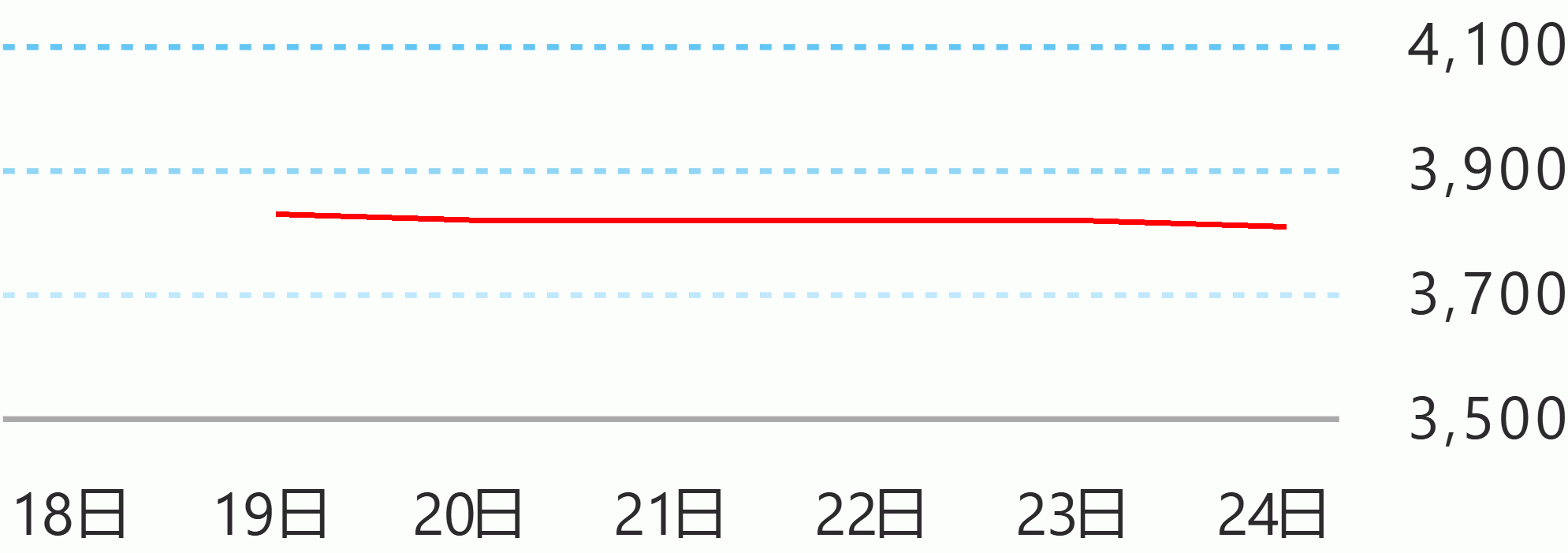Presidential Peace Adviser Sec. Carlito Galvez, Jr. on Thursday gave the assurance that the national government has a concrete plan to implement the decommissioning process for Moro Islamic Liberation Front (MILF) combatants.
"The government is making sure that with our partners and through the Independent Decommissioning Body (IDB) that the decommissioning process is executed with a level of trust and confidence, learning from the best practices and internationally accepted norms on the disarmament and demobilization of forces as done in other countries. The procedures instituted by the IDB endeavors to ensure the integrity in the process and facilitate the smooth transition of combatants from their guerilla identities towards their transition to civilian lives," Galvez said.
“This is a comprehensive plan to carry out the decommissioning process for our MILF brothers and sisters until its completion, as well as the Normalization Program that will aid them in their transition,” Galvez said.
“And we are implementing this process with a greater sense of urgency, as the first regular Bangsamoro Autonomous Region in Muslim Mindanao (BARMM) elections is just less than two years away,” he added.
The peace adviser doused worries over the decommissioning process saying that the IDB, which is a third party created under the peace agreement, ensures that a high level of trust and confidence is maintained.
Part of the mandate of the IDB is to conduct inventory, verification and validation of MILF members and weapons and develop and implement a schedule of MILF decommissioning. It is their mandate to plan, design and implement techniques and technologies to do these.
“As of August 10, 2023, a total of 26,132 MILF combatants and 4,625 of their firearms have been successfully decommissioned since 2015 by the IDB, which is tasked to implement the decommissioning process,” he noted.
Galvez explained that the decommissioning process, which is under the Normalization Track, involves a “whole-of-government, whole-of-society” approach, which is being led by the Office of the Presidential Adviser on Peace, Reconciliation (OPAPRU) in collaboration with concerned line agencies.
“We would like to address the perception by some that the decommissioning process is the sole responsibility of OPAPRU. This is not the case, because the process is an inclusive, concerted, and holistic effort,” he stressed.
“This means that all agencies of government are working together under President Ferdinand R. Marcos Jr.’s banner of unity to ensure the completion of the decommissioning process, as well as the four major components of the Normalization Program,” Galvez said.
These components, he said, include socio-economic, security, confidence-building, and Transitional Justice and Reconciliation (TJR), which are being implemented by OPAPRU’s various peace mechanisms in partnership with other agencies.
Galvez also pointed out the decommissioning process is being carried out alongside with the government’s programs on Small Arms and Light Weapons (SALW) and the Disbandment of Private Armed Groups (DPAGs).
“The good governors must understand that decommissioning is not a stand-alone process. It is complemented by our interventions to address the proliferation of loose firearms and neutralize private armed groups,” Galvez said.
Just recently, the Advancing Human Security in BARMM (ASPIRE), a program that helps address loose firearms in the Bangsamoro region, was launched in Basilan last October 5. This effort is to complement the SALW efforts of the government. This initiative encourages the registration and stenciling of loose firearms in the identified areas. It is being supported by the government of Japan and the United Nations Development Programme.
“With the upcoming barangay and Sangguniang Kabataan elections on October 30, and the first BARMM regular elections in 2025, we cannot afford to waste time. We have to create the conditions to ensure safe, peaceful, and orderly elections,” he said.
Galvez said the Marcos Administration is determined, more than ever, to complete the decommissioning process, as this is among the major commitments made by the national government under the Comprehensive Agreement on the Bangsamoro (CAB).
“The national government cannot afford to waiver in its commitment to implement the decommissioning process because it is one of the most critical aspects of the Normalization Track under the CAB,” he said.
He said the national government cannot do it alone. It needs the support of the LGUs along with the other government instrumentalities. Galvez said the success of the decommissioning process can only be achieved with the support of all including the LGUs which are the immediate communities of the MILF combatants.
More importantly, Galvez said that the decommissioning process symbolizes the “jointness” between the GPH and the MILF, particularly in realizing all the commitments they have made under the CAB.
This is the reason why, he emphasized, all sectors of society, particularly local government units, must be actively involved in the decommissioning and normalization process, as well as help address the issues of loose firearms and private armed groups.
“Under the Marcos administration’s whole-of-government approach and its banner of unity, we have to join hands and show our steadfast commitment and solidarity to ensure the successful completion of the decommissioning process and the Normalization Program,” Galvez said.
“We therefore call on the members of the Bangsamoro Governors’ Caucus to support us in this crucial undertaking. Let us all unite and work side by side as we sustain the hard-won gains of the Bangsamoro peace process,” he said. OPAPRU Communications and Public Affairs Services




 English
English











